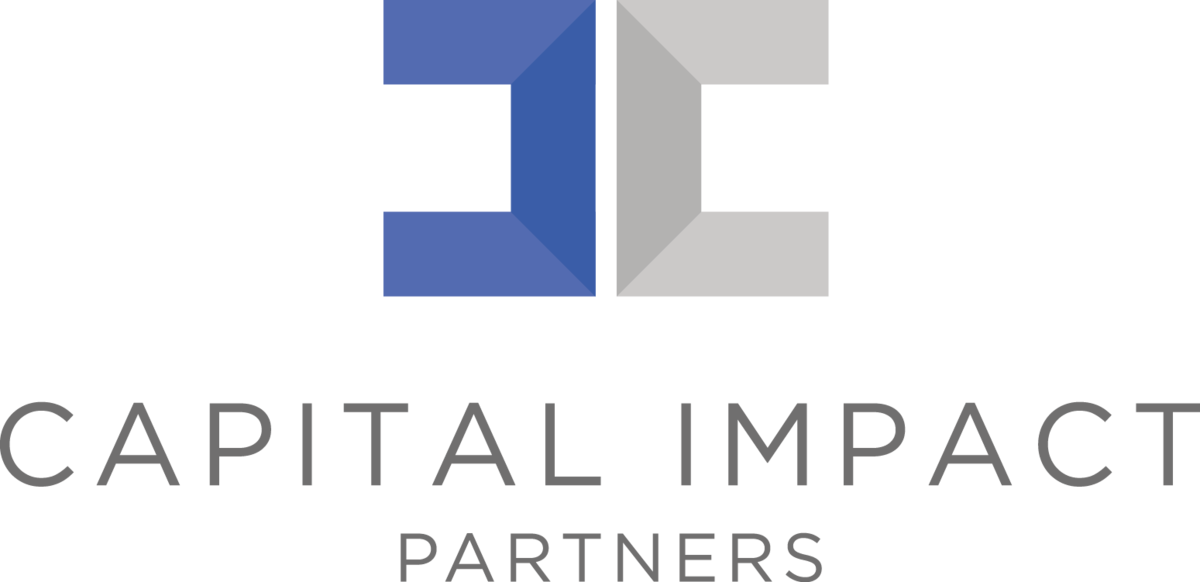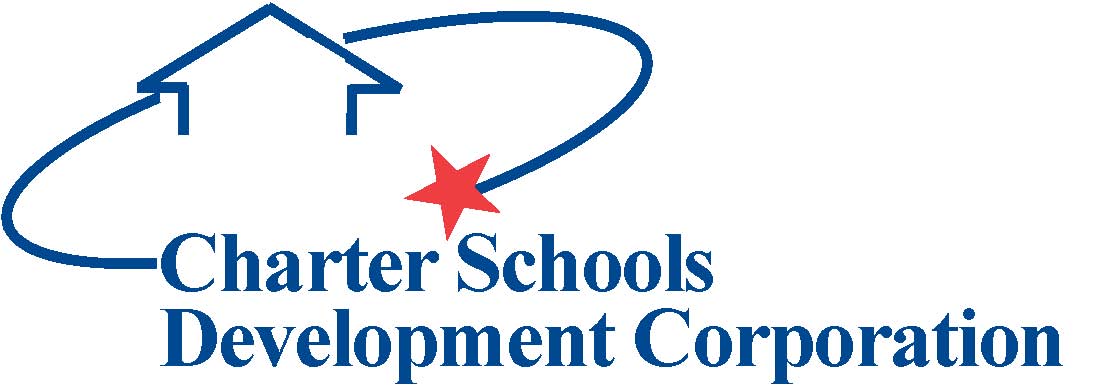The school administrator, staff, and board of directors should each have unique roles. The school’s board of directors must decide whether it wants hands-on involvement in the day-to-day responsibilities of project development, or if it wants to delegate the daily implementation of the project to the school administrator (e.g., principal, director). The scenario below assumes the latter.
- Board of Directors: As fiduciary agent, the board’s role is to set the charter school’s long-term course and ensure it stays true to its mission. In the context of a development project, the board’s role is to provide unified support and ask the right questions (e.g., Will this capital project advance our mission? Is the project financially sound? Is the project being managed appropriately?). The board should be kept apprised of significant decision points (e.g., project scope, project budget, selection of major team players, final design, site selection, etc.). The school’s board should include members with financial backgrounds and years of experience handling the development process. In addition, you’ll need individuals who know how to navigate the political environment and work with contractors. Not all board members need to have this experience, but they must be able to find advisors and experts who do.
- School Administrator: The school administrator and board of directors are both accountable for the project’s outcome. The board may authorize the school administrator to delegate authority to a project manager. This is the recommended approach given the magnitude of a school administrator’s existing responsibilities. The school administrator must work closely with the project manager to define and lead the process. In turn, the school administrator communicates regularly with the board about significant issues that arise and “manages the manager” who oversees the project on a daily basis.
- Stakeholders: Both in the concept phase and predevelopment phase, bring in your key stakeholders since they will be directly affected by the building’s final design. These stakeholders include parents, staff, and students. Update them on budget constraints when soliciting input on layout and space considerations so they have realistic expectations. If construction is to be performed on an existing facility, stakeholders should be kept well-informed about its progress to reduce frustration and anxiety levels.
Related link in Essential Resources: The Board Skills Matrix is a tool from CSDC to ensure that your board comprises the diverse set of skills needed for an operating charter school, especially as you embark on a real estate project.
Legal Disclaimer:
Nothing in this material should be construed as investment, financial, brokerage, or legal advice. Moreover, the facts and circumstances relating to your particular project may result in material changes in the processes, outcomes, and expenses described herein. Consult with your own professional advisors, including your financial advisors, accountants, and attorneys, before attempting to consummate any transaction described in this material.

